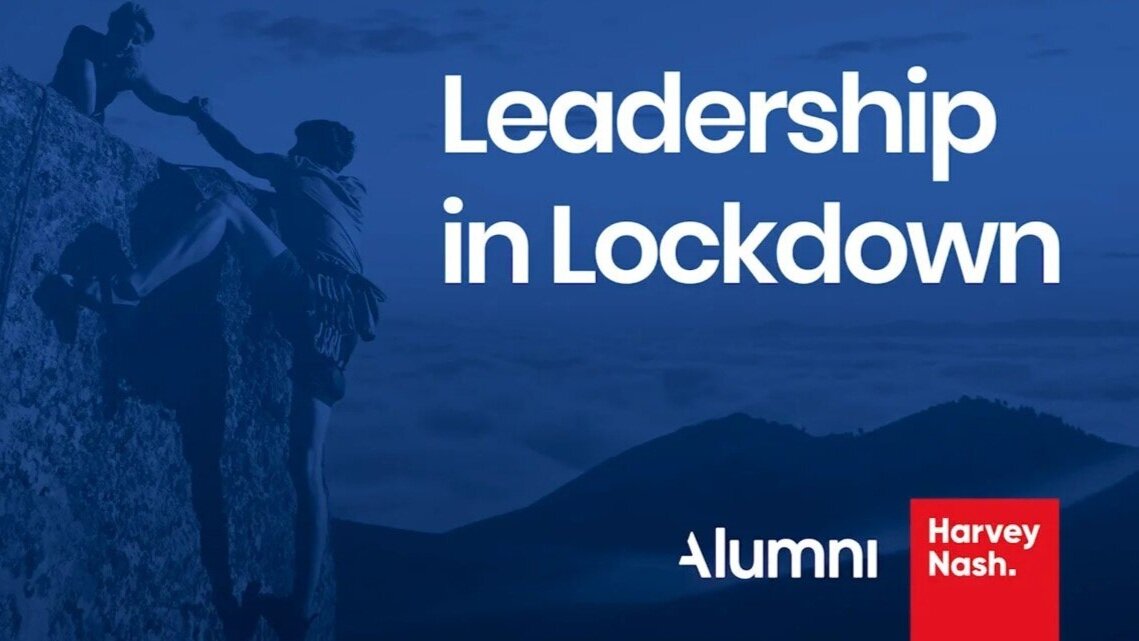Thinking Differently about Talent
Thinking Differently about Talent
Even before the onset of the pandemic there was a compelling argument for the higher education sector to become more adaptive and reflective of their student body. With increased competition and greater globalisation, universities are continuing to reflect on whether their commitment to reflecting diversity is delivering tangible results. We spoke with our colleague and inclusion expert Owen Francis about the various initiatives that leaders in higher education are using to meet their diversity challenges.
A time for change
The internationalisation of Higher Education (HE) continues apace. As organisations continue to compete for staff and students globally, and some launch campuses and partnerships overseas, their student and staff communities are becoming increasingly diverse in terms of race, nationality, religious and cultural backgrounds.
Furthermore, the macro societal events of Covid-19, Brexit and Black Lives Matter have combined to mark a turning point in the consideration of equality, diversity and inclusion (EDI), and created a sense of discomfort in boardrooms and governing bodies about whether organisations are being truly representative and inclusive or merely paying lip service to its principles. Global competition is forcing HE institutions to behave like a business, by clearly demonstrating their value-add and treating their potential students as discerning customers. Those customers have loudly raised their voice to demand that senior leadership more accurately represents their diversity and that the curriculum they receive is self-conscious of its roots and colonial history.
“More staff and students than ever before are talking about race inequality within higher education. I am committed to ensuring we hold ourselves accountable for the progress we still need to make within our University.”
It is common for HE institutions to publish mission and value statements that incorporate a commitment to EDI and focus on linked concepts such as internationalisation or social responsibility. However, mission and value statements are only effective when translated into action. Certain minority groups remain under-represented at senior management levels, or face barriers to career progression in HE. This means that their institution does not always benefit fully from the skills and expertise of all their staff, or potential staff. There is a need to embed the principles of EDI fully into the strategies, practices, and cultures in order that all staff feel included and supported to succeed.
In order to address and embed EDI into hiring strategies, forward-thinking HE institutions are employing experts such as the specialist practice at Alumni Harvey Nash, to create the momentum and practical processes necessary to change their culture.
The practical steps
Students are the customers of HE and they are placing an increasing emphasis on the culture, flexibility and empathy displayed by the institutions that they choose to spend their tuition fees on. Most recently, HE is under the spotlight for how well they have coped with the Covid-19 crisis. Have they managed to retain their value despite distance learning? Have they had the financial resources, acumen and reserves to provide an effective value-proposition without the attractions of a prestigious campus and facilities? In the UK students examine the results of the National Student Survey when looking at prospective degrees and similar schemes operate globally. HE organisations are forced to repurpose to be what high-calibre candidates are looking for and they need to maintain high standards for their brand and reputation.
“If institutions are going to both survive and thrive, they are going to have to change. They need to connect in a deep way with their students, understand what makes them tick and what really makes them want to be there.”
In order to create the EDI landscape demanded by this new breed of discerning customer, senior management must not only understand the nuances of EDI but also reflect it. Creating attraction, selection and retention models in HR that use values-based recruitment practices to proactively support EDI is crucial to this.
Job Descriptions
Whilst professional qualifications may be essential for a particular senior role, to support EDI job descriptions should focus on broader capabilities. Demonstrated competency in previous roles may be more desirable than a rigid definition of experience. It is well-known that the genders respond differently to a list of job pre-requisites[1], women are less confident than men about ticking the relevant boxes but may well be more suitable for the role. Descriptions should also refrain from using exclusive language that reinforces stereotypical attributes.
Marketing
HE institutions need to ensure that they are presented to appeal to all and not just certain candidates from specific demographics. By avoiding an over-reliance on using standard media resources for advertising, HE can further promote EDI by posting roles on alternative resources that are better placed to provide outreach into diverse groups.
Shortlisting
Name blind applications such as those used in the UK Civil Service[2] are demonstrably effective at supporting EDI. When applied specifically to the HE sector, this could also be extended to including ‘institution blind’ applications. Are candidates being dismissed because they have not worked in a Russell Group institution or Oxbridge - when they may otherwise meet each of the requirements being sought?
As best-practice all HE staff involved in recruitment should receive unconscious bias training. But awareness alone may not be enough to remove bias from the selection process and therefore it is essential to take practical steps to level the playing field during selection using values and competency-based matrices to check off on applications.
Decision-making
Recruiting managers need to be trained in numerical structured competency based questioning techniques and interview panels should comprise of diverse individuals to both reflect and provide a well-rounded view of candidates. A Chair that will challenge the thinking of the recruiting panel can also be a useful asset.
Monitoring
HE institutions often recognise a dissonance between the desire for EDI and recruitment results. Greater insight can be gained by establishing relevant metrics to monitor if or when there are ‘leaks’ in the recruitment process. Using EDI data more effectively can also create a wider and more diverse talent funnel for senior appointments.
Challenging Executive Search Providers
It is important that any executive search organisation used for senior appointments is challenged to not only use the right words to win the business, but also demonstrate practically that they are true champions of EDI. The best of search partners will have diversity evident among their own consultants, an awareness of EDI best practices, a network of high calibre diverse candidates and a track record of building diverse candidate pools.
If you are curious to learn more about how we at Alumni Harvey Nash advise our clients and work with organisational diversity we would love to hear from you!
References
[1] https://hbr.org/2014/08/why-women-dont-apply-for-jobs-unless-theyre-100-qualified
[2] https://civilservice.blog.gov.uk/2015/11/05/name-blind-recruitment-a-commitment-to-diversity/
This article was based on an interview with Owen Francis, who is Head of the Higher Education and Non-Profit Practice at Alumni Harvey Nash. He is an experienced Diversity and Inclusion Consultant and actively partners with universities and healthcare organisations to optimise their Diversity and Inclusion People Strategies.
Consultant, Diversity & Inclusion Lead
E-mail





